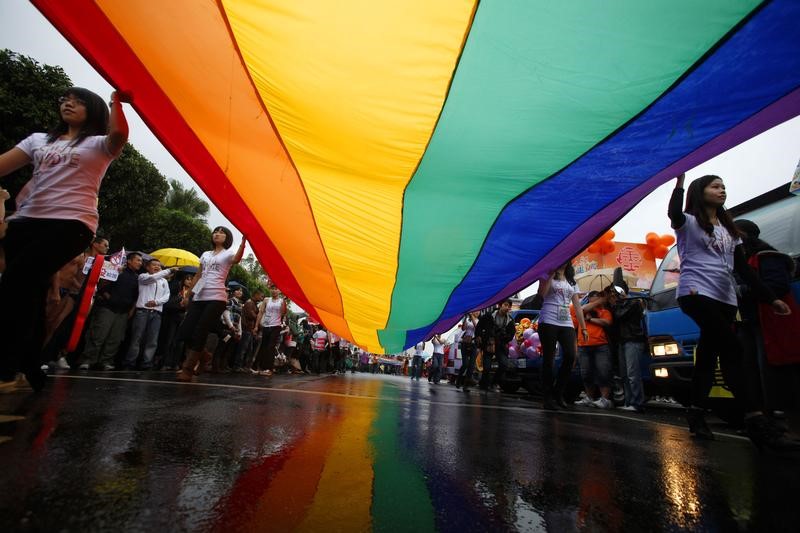Malaysian health authorities are holding a contest on how to “prevent” homosexuality and transgenderism, drawing criticism from campaigners that it was fanning hatred and violence towards LGBT people.
Activists say intolerance of lesbian, gay, bisexual and transgender (LGBT) people has spiked in recent years in Malaysia, a multi-ethnic Southeast Asian country that is majority Muslim.
In the latest controversy, the health ministry’s contest invites participants to submit video clips for categories including one called “gender identity disorder”, according to details on the ministry’s website.
“I was shocked. This is encouraging discrimination, hatred and even violence towards the minorities,” said transgender activist Nisha Ayub from the Seed Foundation, a charity working with transgender people.
The ministry described gender identity disorder, also known as gender dysphoria, and cited examples of people who are gay, lesbian, transsexual and tomboys.
The contest guidelines added that the videos must include elements showing the “consequences” of being LGBT, as well as how to “prevent, control and seek help” for them.
“The health ministry should look into health issues, but now they are giving out prizes for people to post such videos. This is sending a very negative message to our society,” Nisha told the Thomson Reuters Foundation.
A spokesman for Health Minister Subramaniam Sathasivam said he was not aware of the contest and declined to comment. Other ministry officials could not immediately be reached.
The contest also includes categories on cybersex and sexual reproductive health, citing examples such as pre-marital sex, teen pregnancy and the impact of “free sex”.
Winners of the contest, which kicked off on Thursday and runs until August 31, will be awarded cash prizes from 1,000 ringgit ($230) to 4,000 ringgit ($935).
Homosexuality is taboo in Malaysia, where gay sex is criminalised, punishable by up to 20 years in prison, caning or a fine.
In 2012, authorities issued guidelines and held seminars aimed at helping teachers and parents spot signs of homosexuality in children.
According to the guidelines, signs of homosexuality in boys include preferences for tight, V-neck shirts and large handbags, while girls with lesbian tendencies like to hang out and sleep in the company of women.
Authorities in the northeastern state of Terengganu in 2011 organised a camp for “effeminate” boys to show them how to become men.
(The Thompson Reuters Foundation is the charitable arm of Thomson Reuters, that covers humanitarian news, women’s rights, trafficking, property rights, climate change and resilience. Visit http://news.trust.org)




